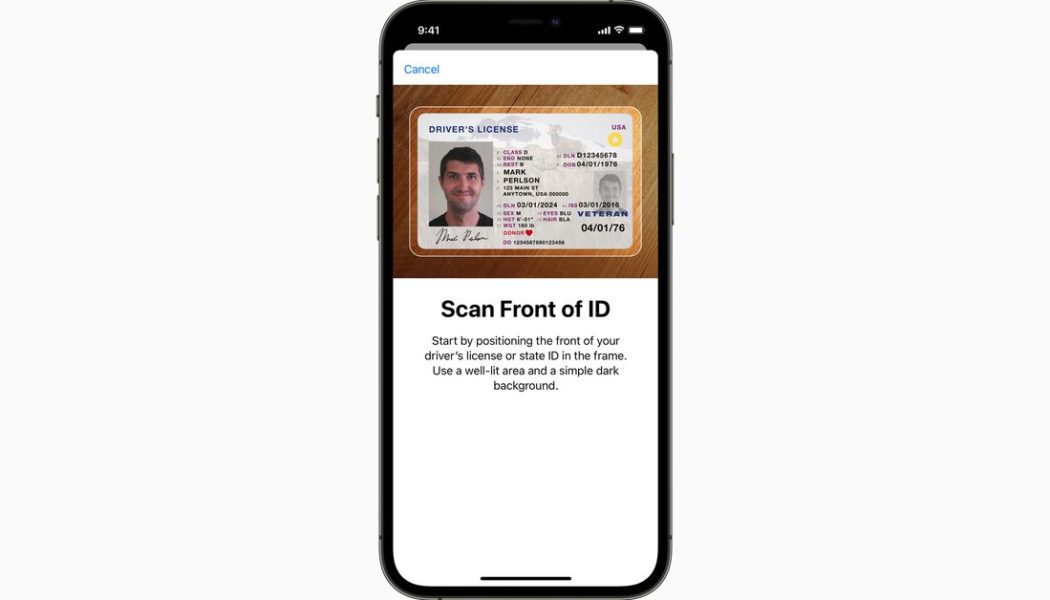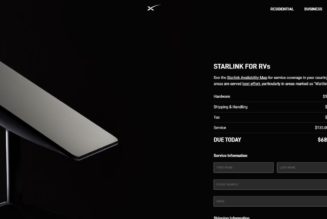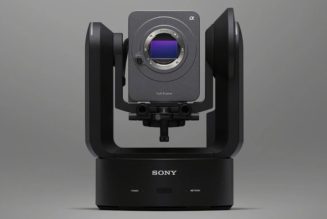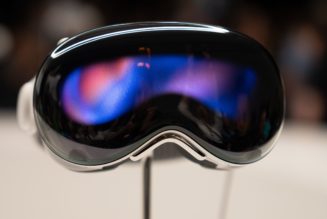
Apple will soon let users in participating states digitally store their driver’s licenses or state IDs on their iPhone’s wallet, but according to a report by CNBC, the initiative will be partially funded by the states — and their taxpayers.
CNBC got ahold of contracts signed by Georgia, Arizona, Oklahoma, and Kentucky, and found that Apple will maintain tight control over its deployment. It reports that Apple gets “sole discretion” over a number of aspects of the program, including its device compatibility, the service’s launch date, states’ marketing campaigns, as well as how states report on the initiative’s performance.
The contract also says that each state will have to “allocate reasonably sufficient personnel and resources (e.g., staff, project management and funding) to support the launch of the Program on a timeline to be determined by Apple.” This includes testing out the service on different types of Apple devices “in accordance with Apple’s certification requirements.”
Additionally, states are responsible for promoting the digital ID service to citizens, as well as encouraging its adoption among members of the federal and state government, including local police and the Internal Revenue Service. State agencies are required to “feature the Program in all public-facing communications relating to Digital Identity Credentials,” which is subject to Apple’s review and approval.
And if that isn’t enough, Apple is holding states accountable for the authenticity of the program’s identity verification. The contract absolves Apple from any discrepancies in its verification system, stating: “Apple shall not be liable for any Verification Results, and Agency acknowledges that all Verification Results are provided ‘AS IS’ and without any warranty, express, implied or otherwise, regarding its accuracy or performance.”
Despite being an Apple-led program, taxpayers are footing the bill to roll out this single-platform digital ID program in their states — even if they don’t have an iPhone. The contract clearly says “except as otherwise agreed upon between the Parties, neither Party shall owe the other Party any fees under this Agreement,” meaning that the participating states will be funding its promotion and adoption using taxpayer’s tender.
Having a digital ID program — especially one paid for by states — raises a number of concerns, the most obvious one being security. Users are expected to transfer their most sensitive documents to their iPhones, essentially establishing their identities on a single device. If implemented incorrectly, it sets a precedent for surveillance; what happens to user information when a digital ID is scanned at an airport or at an age-restricted concert? This type of tracking information is tempting to abuse.
Much like what Apple is trying to do with its digital ID program, Clear, a digital identification app, serves as a fast pass to the front of security lines in airports and sports stadiums, or as an app to store proof of your COVID-19 vaccination. As an article by OneZero notes, Clear considered selling user data in the past, but instead uses that data to promote relevant ads to users. No matter how Apple chooses to leverage this data, its digital ID system is making its way to Connecticut, Iowa, Maryland, and Utah, in addition to the four aforementioned states, very soon.
The Verge reached out to Apple with a request for comment but didn’t immediately hear back.








